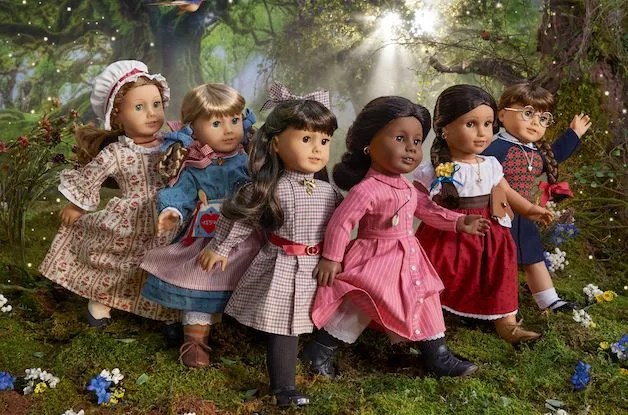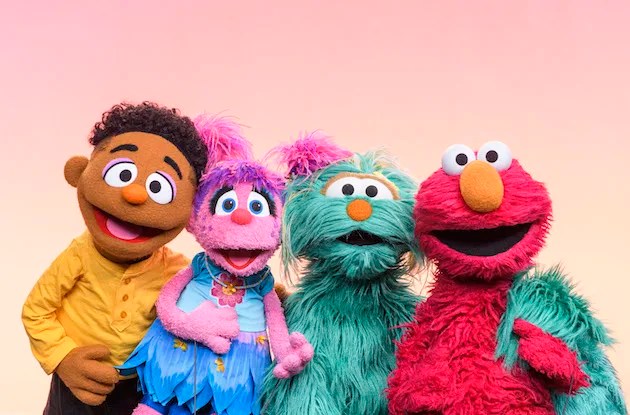Their brothers and sisters have special needs, but these children face their own unique challenges—and opportunities for growth.
Parenting can be a wild and wonderful journey: We’re responsible for another living being’s health, welfare, and happiness. And when multiple children are part of the family equation, the responsibilities expand. Keeping the peace, maintaining a fair balance, and teaching siblings how to love, respect, and show empathy to one another are all a part of the mix.
But what happens when one of your children has a physical, intellectual, or emotional disability? This dynamic can put a strain on families, but it can also offer unique rewards for their siblings.
For Amanda Morin, author of The Everything Parent’s Guide to Special Education and mother of three children, the youngest two with learning challenges, this is indeed the case.
“Having siblings with learning challenges has been both positive and negative for my daughter,” Morin says. She explains that her daughter tends to be more empathetic and understanding of other people’s differences, something not many children her age are capable of doing. Morin attributes this compassion to the fact her daughter has known no other sibling relationship, so, for her, having siblings with issues is simply normal.
This “normal” is not uncommon for many children with brothers and sisters who have special needs. (We’ve used pseudonyms when requested throughout this story to protect families’ privacy.)
RELATED: Find Special Needs Services Near You
Early Development of Compassion and Understanding
Annette is the mother of a daughter and son, the latter of whom struggles with behavior and learning issues. While Annette’s daughter was away at a summer camp, she encountered a camp-mate with several social and self-control problems. “All of a sudden my daughter, who had been upset by his behavior like everyone else, started to get upset for him,” Annette says.
Annette’s daughter told her over the phone how sorry she had begun to feel for the struggling camper. “I suddenly realized I have a brother with learning disabilities and ADHD, and here I am judging this kid and being afraid of him,” Annette’s daughter relayed.
“I’m not sure she ever really thought of her brother as having issues that caused him to behave the way he did, which in one way was nice,” Annette says. “He was just her brother. But it was so powerful when she saw someone being ostracized and judged, and realized this other kid couldn’t help his behavior.”
Mary, the mother of two teenage sons who are both managing ADD, understands this level of compassion. She also sees, though, how difficult it can be for siblings to relate to a brother or sister with learning or attention issues. Her eldest son has trouble understanding the struggles of his younger brother. “He’s a very methodical, goal-oriented kid,” Mary says of her elder son. “On a good day, I like to think it makes him more compassionate and aware of different people’s values and abilities.” But on other days, the elder brother can’t comprehend how and why his younger sibling is so impulsive and seemingly unable to anticipate the consequences of his decisions.
RELATED: How to Discuss a Diagnosis with Your Child
Feeling the Need to Compete for Attention
Siblings of children with disabilities may feel their parents spend more time with and display extra affection for their siblings with special needs. “She’s had little tolerance for her brothers’ differences over the years,” Morin says of her daughter. “By the nature of their higher needs, she feels—probably rightly so—she’s missed out on her ‘fair’ share of attention.”
Annette’s family agrees. “There was always a lot of tension in the house, especially when my son was young and had self-control issues,” she says. “So I’m sure my daughter felt that. And I know she sometimes felt he got away with stuff that she wouldn’t have—although she never did anything to get away with in the first place.”
Playing the Role of Protector for their Siblings
Another problem many siblings of kids with special needs face is the desire to overcompensate for and protect their brothers or sisters. “Siblings of kids with learning challenges tend to feel the effects of ‘resource depletion’,” Morin explains. “There’s a social-emotional impact, and kids tend to feel more responsibility and the need to compensate for their sibling’s shortcomings. Some of that social-emotional piece is a trickle-down effect. Parents may socialize less, so kids aren’t socializing as much either.”
A study conducted by the University of Southampton’s Centre for Research into Psychological Development explored the experiences of siblings of children with physical disabilities and found many siblings worry about the future of their brother or sister. Trust and communication between children and parents are key in alleviating these fears. An open line of communication can help parents and their kids create and maintain healthy relationships when managing life with a sibling with special needs.
Tips for Supporting Siblings of Children With Challenges
There are several other steps parents can take to support children who have siblings facing various physical and mental challenges.
Make time. Simply setting aside 1-on-1 time with each child can make a world of difference. As a parent, Morin says, she is aware of her daughter’s feelings of being left out or not receiving the same amount of attention as her brothers who have learning challenges. “Over the years we have tried to make extra time for her in ways that don’t seem compensatory or artificial. It’s hard to do!” she says. Despite being difficult, spending quality time with each of your children will keep the lines of communication open and help you deepen your understanding of each child’s individual needs.
Set expectations. Parents should be clear about what their expectations are for each child, even if those expectations are different for each child. (And parents should be prepared to explain why they’re different.) Parents can help kids understand they don’t need to take on a caregiver or protector role and are instead free to be just kids.
Explain the situation. “Unlike their parents, siblings may have no knowledge of life without a brother or sister with a disability,” Helen Featherstone writes in her book A Difference in the Family: Life with a Disabled Child. So it is important as a parent to educate your other child. “Parents should respect the non-disabled sibling’s need to be recognized as an individual who has concerns and questions as well as his or her right to know about the disability,” Featherstone explains. Be conscious of your other child’s age and maturity level, and appropriately help her understand her disabled sibling’s possible limitations—and the status of his condition.
Recognize and celebrate differences. For children who are managing a disability, parenting requires a strong sense of patience and understanding. Be sure to extend praise and support to your other child. Let him know he’s appreciated. When she helps clean up while her brother or sister is unable to, praise her for her contribution. When he meets a personal goal, celebrate with him.
Although her struggles are different from those of her sibling with special needs, they are still struggles—and your recognition of her ability to meet her own challenges and overcome them will go far in helping her ward off any potential resentment of her sibling. Each child in the family doesn’t have to be treated the same. But it’s important for all the kids to feel that their needs count.
RELATED: Support Groups for Families of Children with Special Needs





















